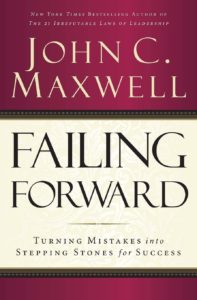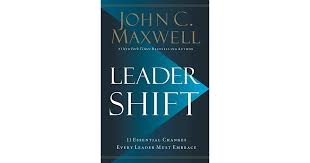
Losing is no disgrace if you’ve given your best. – Jim Palmer
The Cinderella ending of Tom Brady’s playoff run with the Tampa Bay Buccaneers is not the one he wanted. But with class, he played the hand he was dealt. Will he retire from the game? By the time you read this, we may have our answer.
My intention here is not to stroll down memory lane detailing all of the highlights of his remarkable career. There’s not enough time or space here to do that. His accomplishments speak for themselves.
Any player can give glowing remarks after an incredible come from behind win or other such accomplishment and look good. But how you handle the disappointment of a loss is more revealing.
After the defeat of the Buccaneers to the Rams in the recent playoff game, Brady took to his Instagram page to comment about the loss. In doing so, he gives us a few lessons in leadership that transcend the game.
Allow me to break down those leadership lessons taken from his post. I believe these lessons can benefit any leader regardless of your profession.
Gratitude
“…but this week, all that is on my mind is the gratitude I have for this team and the fans that have supported us…”
In this statement, Tom Brady brings to the forefront a leadership characteristic all can emulate. When you lead from a heart of gratitude it speaks volumes about your character. The lesson here is simple but profound – no one does it alone.
Brady rightfully acknowledges his teammates and fans for their support. He acknowledges that when everyone comes together and works hard then great things can happen. A heart of gratitude and humility is refreshing coming from a player the caliber of Brady especially after a loss.
Hard work pays off
“This year has been incredibly rewarding personally and professionally and I am appreciative of everyone who worked their ass off to help our team achieve so much.”
Simply put, Brady is acknowledging the obvious – hard work pays off. When everyone is invested and willing to work hard and make the sacrifices to achieve great results, it’s a humbling experience. Even though the season ended sooner than he and the rest of the team would have liked, he acknowledged everyone’s efforts and did not blame anyone for the loss. It was a total team effort that was characterized by hard work and determination.
Hard work and self-discipline have always been hallmarks of Brady’s career, even in the offseason. When a leader or athlete like Brady is the one who sets the bar, it lifts everyone to a higher standard and he gives credit where it’s due.
Keep everything in proper perspective
“ I always want to win., I think that’s pretty apparent by now, but that doesn’t mean I equate losing to failure, especially when you go out fighting the way we did.”
Brady’s quote here is leadership gold. When you understand that losing one game does not equal failure it’s a game-changer.
 In his book, Failing Foward, John Maxwell writes, “ The difference between average people and achieving people is their perception of and response to failure.” Brady’s ability to see in this light indicates that he clearly understands the difference.
In his book, Failing Foward, John Maxwell writes, “ The difference between average people and achieving people is their perception of and response to failure.” Brady’s ability to see in this light indicates that he clearly understands the difference.
Final Thoughts
Tom Brady demonstrated that winning is not characterized by the final score of a game. He showed that some things are more important – like living with gratitude, working hard, and keeping everything in proper perspective.
©2022 Doug Dickerson







 Recently, I was reading back through
Recently, I was reading back through 
